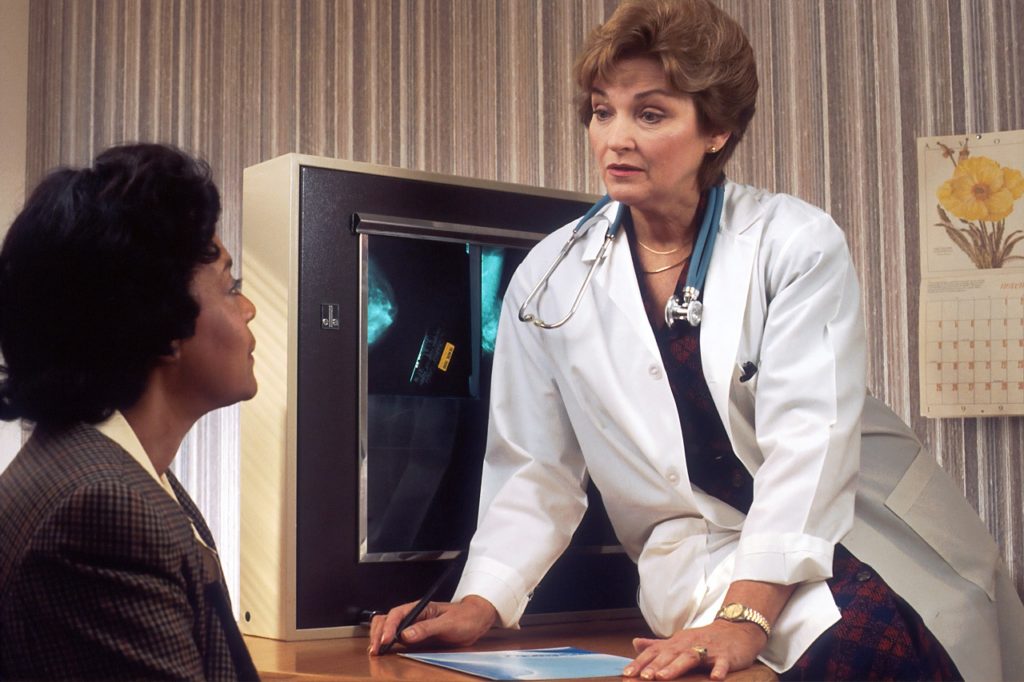Frédérique Bawin, the researcher and criminologist from Belgium completed the study on medical cannabis use of self-medication. Cannabis consumption is forbidden in the country, but people who suffer from different diseases try different ways to cure themselves. Bawin wants the government to take more responsibility for legalizing cannabis after showing the result of its investigation.
A researcher is mapping medical cannabis use in Belgium


Doctoral researcher and criminologist Frédérique Bawin has completed a study on medical cannabis use in Belgium. This provides an interesting picture of patients who, in a country with strict anti-cannabis laws, are on self-medication.
Frédérique Bawin worked for more than two years on the mapping of medical cannabis use in Belgium. It is a unique research because there was no data on Belgians who are self-medicating. The government mainly puts its head in the sand when it comes to medical cannabis. Fortunately, however, the University of Ghent decided that it was time to bring these data to the surface.
The Hemp.im application provides you with the latest hemp news and covers wide-ranging topics including hemp and cannabis.
The medical cannabis consumers situation in Belgium
On behalf of the University of Ghent, Frédérique Bawin started making an overview, consisting of different user-profiles and patterns. In this way, she mapped the experiences of medical cannabis consumers over the past two years.
Participants in the study were people with the designation ‘medical cannabis consumer alias users’ who call cannabis their medicine and – very importantly – they take it without the help of a doctor. And there are more and more of them.
In Belgium, only people suffering from MS who do not benefit from regular medication with a doctor’s prescription are allowed to use Sativex. This is the entire Belgian medical cannabis policy in one sentence. However, there are plans to improve this but it is taking too much time. That’s why people with all kinds of health problems are increasingly silently taking self-medication with cannabis.


The investigation was focused on 381 people using medical cannabis
The criminologist interviewed 381 people and conducted 62 in-depth interviews. The people who participated in the investigation usually obtain their cannabis illegally. So there is no control and no guarantee of quality. These people do their own research into the ideal dosage and usage.
The researcher concluded that people with pain, who sleep badly, and constantly have depressive complaints, consume medical cannabis. A total of 55 conditions were mentioned in which people take cannabis as alternative medicine. Remarkably, 6% of all participants suffer from MS and may be eligible for Sativex. However, they prefer to use medical cannabis without a doctor’s prescription.
Besides, three-quarters of the interviewees had experience with recreational cannabis use before they started using it for medical purposes. Patients who had no experience with recreational cannabis were more often women. They did not usually smoke cannabis but preferred cannabis oil.
People using medical cannabis are responsible when it comes to dosage
There are many medications on the market that are susceptible to abuse. Think of opioids and sedatives that quickly lead to habituation and even dependency. For years, it has been said that cannabis is also very sensitive to abuse. Bawin’s research showed that this is not the case.
The participants in the study handle dosing responsibly. The dosage even remains stable. The average use is 5 grams per week. This is not surprising, because medical cannabis consumers often indicate that they can’t do it because of feeling high. They only want relief from their symptoms because regular medication is inadequate.


Bawin hopes that the government will also take more responsibility as a result of her investigation. After all, the current policy ensures that people who use cannabis have to go into illegality. Bawin’s research shows that it is the reality that people do self-medication with cannabis. This group of people should take medical cannabis in cooperation with a doctor so that there is control, over the influence of cannabis on other medicines, for example.
Let your voice be heard
Frédérique Bawin is also secretary of the civil movement SMART on Drugs. SMART stands for Smarter, More Humane, Ambitious, Righteous, and Total Drug Policy. The movement consists of people working in the welfare sector, (drug) aid, (student-) criminologists, researchers, and professors. SMART advocates an update of drug legislation; one that is more in line with scientific facts and research. Everybody can do their bit and sign the manifesto for expert drug policy.
__
(Featured image by Wesley Gibbs via Unsplash)
DISCLAIMER: This article was written by a third party contributor and does not reflect the opinion of Hemp.im, its management, staff or its associates. Please review our disclaimer for more information.
This article may include forward-looking statements. These forward-looking statements generally are identified by the words “believe,” “project,” “estimate,” “become,” “plan,” “will,” and similar expressions. These forward-looking statements involve known and unknown risks as well as uncertainties, including those discussed in the following cautionary statements and elsewhere in this article and on this site. Although the Company may believe that its expectations are based on reasonable assumptions, the actual results that the Company may achieve may differ materially from any forward-looking statements, which reflect the opinions of the management of the Company only as of the date hereof. Additionally, please make sure to read these important disclosures.
First published in Mediwietsite, a third-party contributor translated and adapted the article from the original. In case of discrepancy, the original will prevail.
Although we made reasonable efforts to provide accurate translations, some parts may be incorrect. Hemp.im assumes no responsibility for errors, omissions or ambiguities in the translations provided on this website. Any person or entity relying on translated content does so at their own risk. Hemp.im is not responsible for losses caused by such reliance on the accuracy or reliability of translated information. If you wish to report an error or inaccuracy in the translation, we encourage you to contact us.



Comments are closed for this post.